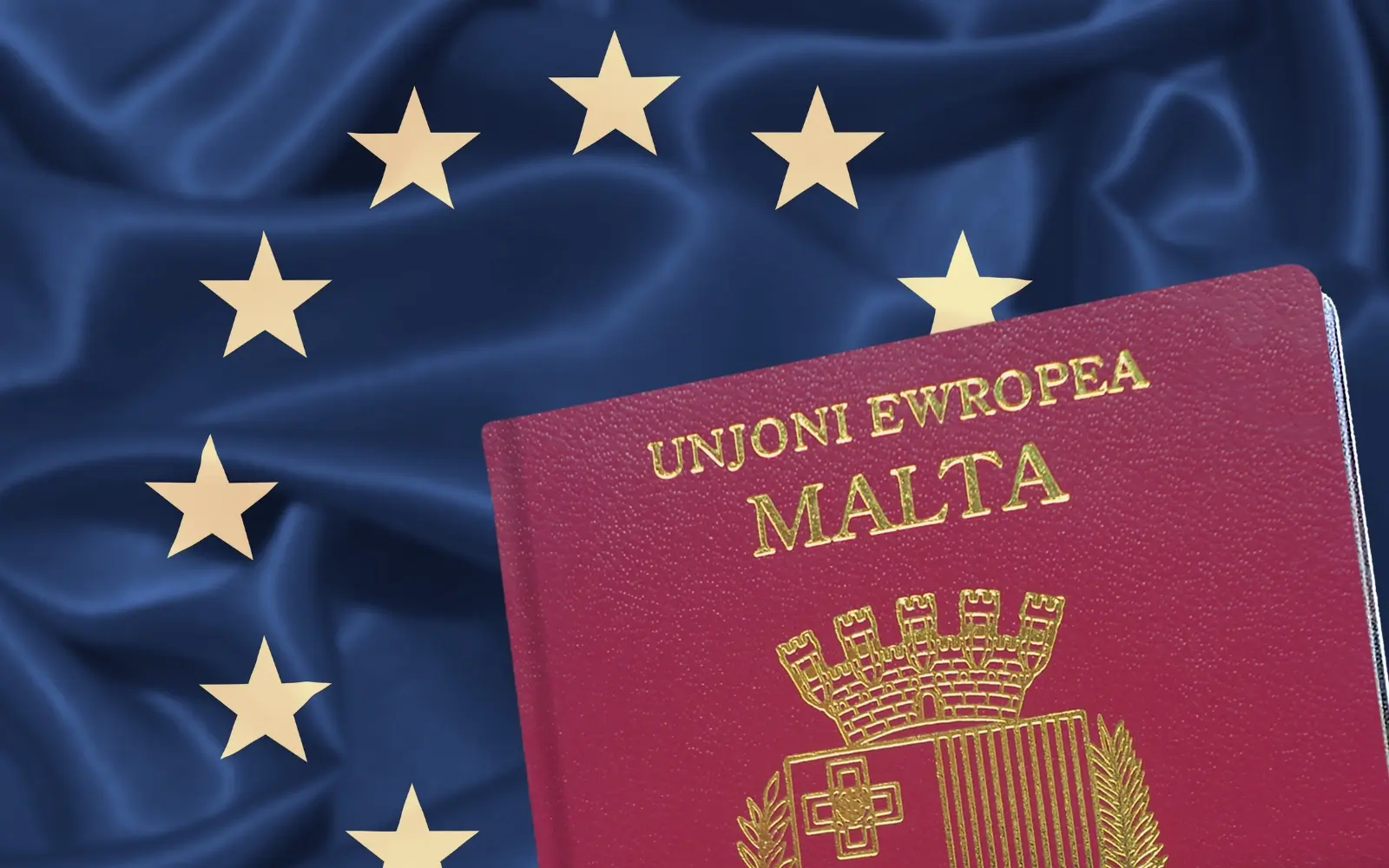By Daiva Repečkaitė
Malta’s decade-long gamble on golden passports crashed to a halt after the European Court of Justice (ECJ) ruled that the citizenship-by-investment scheme infringed EU law and amounted to the “commercialisation” of both Maltese and EU citizenship.
First launched over a decade ago, the controversial programme zig-zagged through warnings and reforms, with today’s ruling potentially shutting the door on the scheme.
“The Court acknowledges that member states are still free to decide who becomes their national, but it reminds them that when you grant nationality of a member state, you also grant EU citizenship,” the Court’s press officer explained, adding, “Citizenship rights exist because of member states being able to trust each other. All of it is based on the principles of sincere cooperation and mutual trust. That is why the acquisition of Union citizenship cannot result from a commercial transaction.”
What’s the case all about?
The European Commission began challenging Malta’s citizenship-by-investment scheme in 2020.
It argued that the scheme effectively sells citizenship of the entire European Union, without establishing whether the investor has, or will develop, links to Malta itself beyond the transactional requirements.
In March 2023, the EU Commission brought the case before the top EU court, which is responsible for ensuring the consistent application of EU law.
“By establishing and maintaining such a scheme, Malta compromises and undermines the essence and integrity of Union citizenship,” the Commission wrote in its plea to the court, basing its argument that citizenship buyers are not required to have a genuine link to Malta.
In response, the Maltese government claimed that nothing in EU law requires a genuine link and that demanding Malta scrap the scheme “encroached on a domain within the sovereignty of the Member States.”
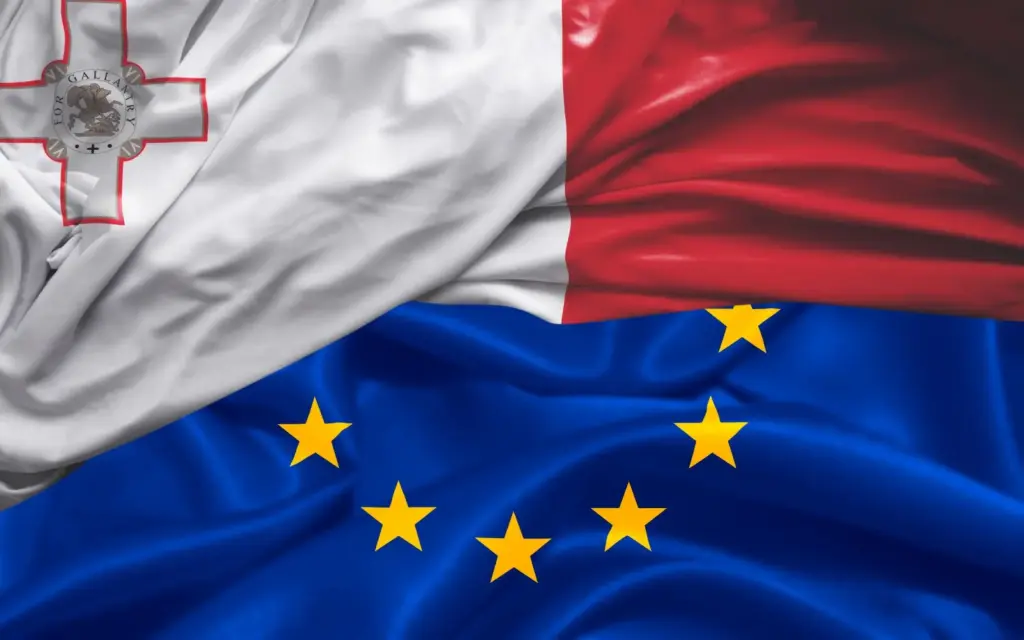
The ruling Labour Party, which introduced the scheme, has called for a “new chapter of national convergence on the subject” of citizenship by investment. Various government officials, including Prime Minister Robert Abela, have emphasised that the citizenship scheme contributes to a fund that “is helping those who are most in need in society.”
The Nationalist Party’s position is less clear. While leader Bernard Grech had previously come out against the sale of passports to Russian nationals following the invasion of Ukraine, after sales to them were stopped, he has steered away from making his stance on the scheme clear.
Meanwhile, Alex Borg, one the party’s up-and-coming politicians, recently said that while the scheme initially had significant due diligence issues, it went on to bring a lot of benefits to Malta – and that the sale of passports should be “maximised”, and should be used to grow new industries in the country.
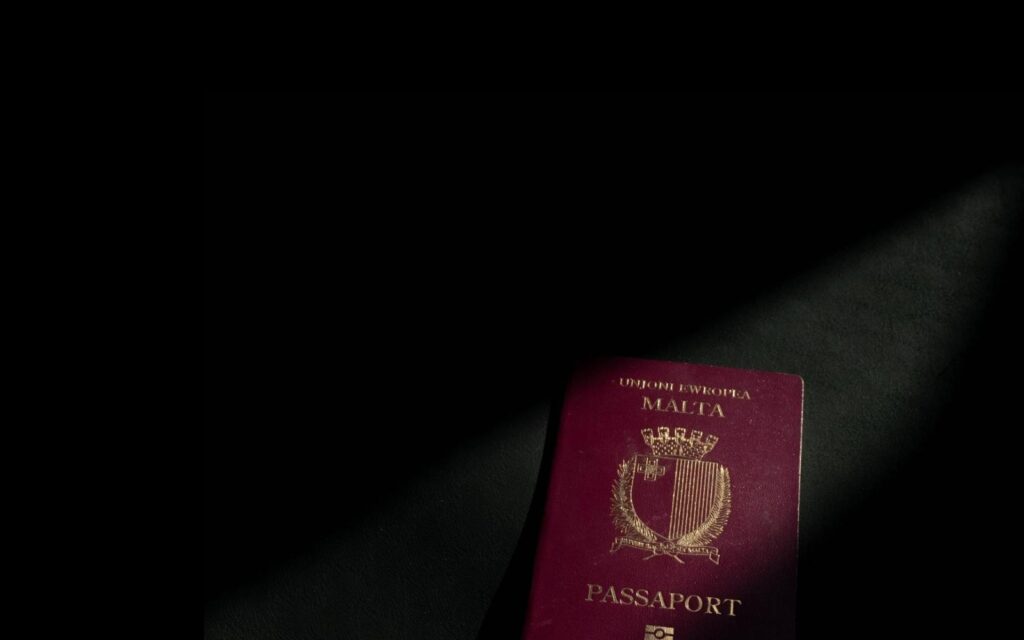
What is Malta’s citizenship by investment scheme?
The current citizenship-by-investment legal framework was launched in 2014 as the Malta Individual Investor Programme (MIIP).
Maltese law previously allowed for fast-track citizenship, but under a 2007 legal amendment, investors could become citizens at a minister’s discretion, without a structured programme, for so-called exceptional services. The 2013 amendment set a price and other structured conditions.
Specifically, these legal changes allowed individuals to obtain Maltese citizenship by paying €650,000 into a development fund, without any conditions on prior investments in or residential links to Malta. Dependent family members could also get their passports for a fraction of this sum.
In an interview in 2014, Joseph Muscat compared golden passports to roads, which are built by foreign nationals but ultimately benefit the Maltese.
Over the years, the government has announced that citizenship purchases have raised close to €1 million for Mater Dei Hospital, €10 million for health centres, €1.5 million for Caritas, and €1 million for the purchase of Puttinu Cares’ premises in London. Money collected from the scheme was also used to upgrade schools.
However, the scheme has long courted controversy. Keith Schembri, the former chief of staff of Prime Minister Joseph Muscat, has been charged in connection to allegations that he received kickbacks on the passports scheme from Russian nationals through the notorious Pilatus Bank, as they were applying for citizenship with Nexia BT’s Brian Tonna.
According to testimony of a police officer, Schembri received an initial transfer of €50,000 on 25th June 2015 and a further €50,000 on 19th August 2015. Schembri denies the charges.
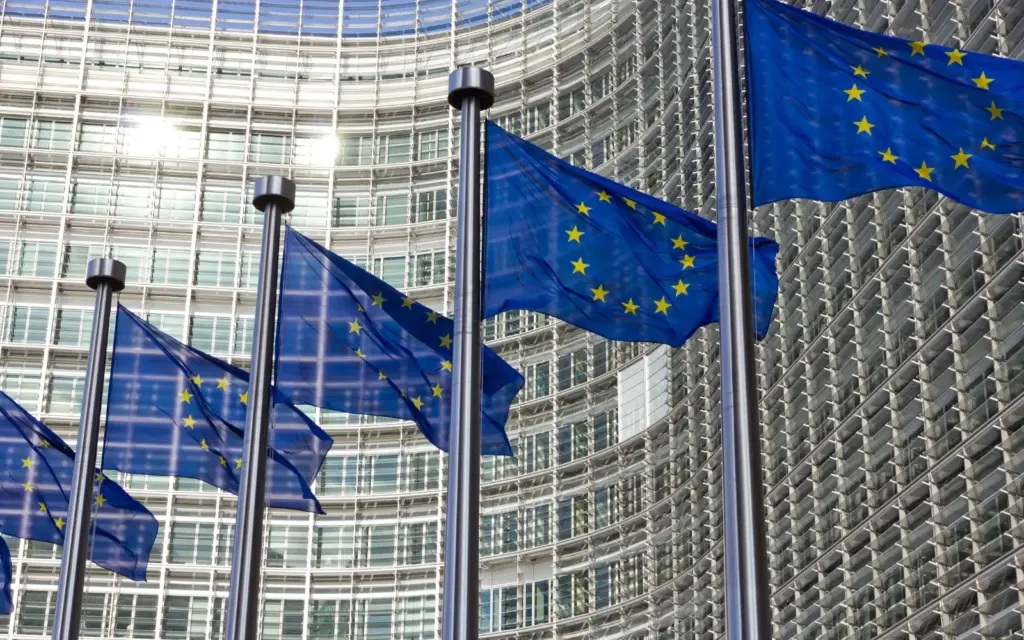
Who are the buyers?
The names of citizenship buyers are published in the government gazette, but are mixed with the names of individuals who have become Maltese citizens through different means. As a result, academics, civil society, journalists and other interested actors cannot scrutinise the complete list of buyers.
In 2021, the Passport Papers investigation came out. The Daphne Caruana Galizia Foundation and media partners revealed that applicants for golden passports were assessed according to a point system.
For each day spent in Malta, an applicant accrued 15 points. Renting a flat resulted in 60 points, while opening a bank account and subscribing to a local society in Malta each accrued 10 points. The points matrix system also allowed applicants who had not spent many days in Malta to ‘score’ points through other activities such as large charitable donations.
The lax rules became attractive to oligarchs, Russian politicians, and Saudi royals, among others.
Two sons of Russia’s long-time richest parliament member, Grigory Anikeev, as well as the sons’ mothers, became Maltese citizens. The two women went on to use their Maltese passports to shop for property in Dubai. One of them, Irina Kupareva, used a ‘gift certificate’ from Anikeev’s associate to justify her thereto unexplained wealth in her Maltese citizenship application.
Asked about facilitating the acquisition of EU citizenship for politically exposed persons, Henley & Partners, the company that recruits and screens applicants for the citizenship scheme, told the Times of Malta, “We have no legal obligation to do any compliance checks” and that this is the government’s responsibility.
A government spokesperson told the Passport Papers team that the screening of applicants “involves Interpol and Europol database checks, border controls and physical presence in Malta.”
Former gold mining executive Pavel Grachev also purchased Maltese passports for himself and his family, which he used to acquire a property in Dubai. Grachev was sanctioned by the US in 2022 for his role in Polyus, Russia’s largest gold producer and one of the world’s largest gold mining companies. The Financial Times recently found seven sanctioned Russians among Maltese citizenship buyers.
As reported by Amphora earlier, Semen Kuksov, a citizenship buyer’s son, imprisoned in the United Kingdom for “running a professional banking service for criminals across the world”, is serving his sentence as a Maltese citizen despite announcements that his passport revocation process has begun.

Citizenship revocations have been published in the government gazette since 2020. From that date, Pavel Melnikov remains the only known citizenship buyer to have lost his Maltese passport. He was found guilty of aggravated tax fraud and aggravated accounting fraud in Finland earlier this year.
Why did the EU Commission challenge Malta over its Passports Scheme?
Transparency International, an international watchdog, has warned that “a consensus has emerged that these schemes open the EU’s doors to money laundering, corruption and security risks” and that “golden passport programmes are schemes with specific features that make them vulnerable to abuse” because they favour passive investment into luxury property – a favoured money laundering method.
However, it is not the evidence of the citizenship scheme’s sanctions evasion, corruption and money laundering risks that formed the basis of the European Commission’s challenge against Malta. The Commission chose to focus its arguments on the requirement of a genuine link to Malta.
In October 2024, the EU court’s Advocate General Anthony Michael Collins issued a legal opinion that EU legislation does not require any such link, and member states “have decided that it is for each of them alone to determine who is entitled to be one of their nationals.” The opinion was not binding.
“The opinion allows the Court to have a possible answer, but it is not always followed,” the Court’s spokesperson explained.
“There are individual cases where there is a very strong suspicion that, if it can be shown that Malta, by allowing this practice, opens the door to money laundering or corruption, and this can be proven with evidence, then this could be an additional link for declaring those [citizenship by investment] measures as contrary to EU law. But this has not been subject to this case, the Commission has not argued that,” said Nils Seidel, a researcher in EU and public international law at Leipzig University.
Malta is the sole remaining EU member state to offer citizenship by investment after Bulgaria and Cyprus scrapped their programs under pressure from the European Commission.
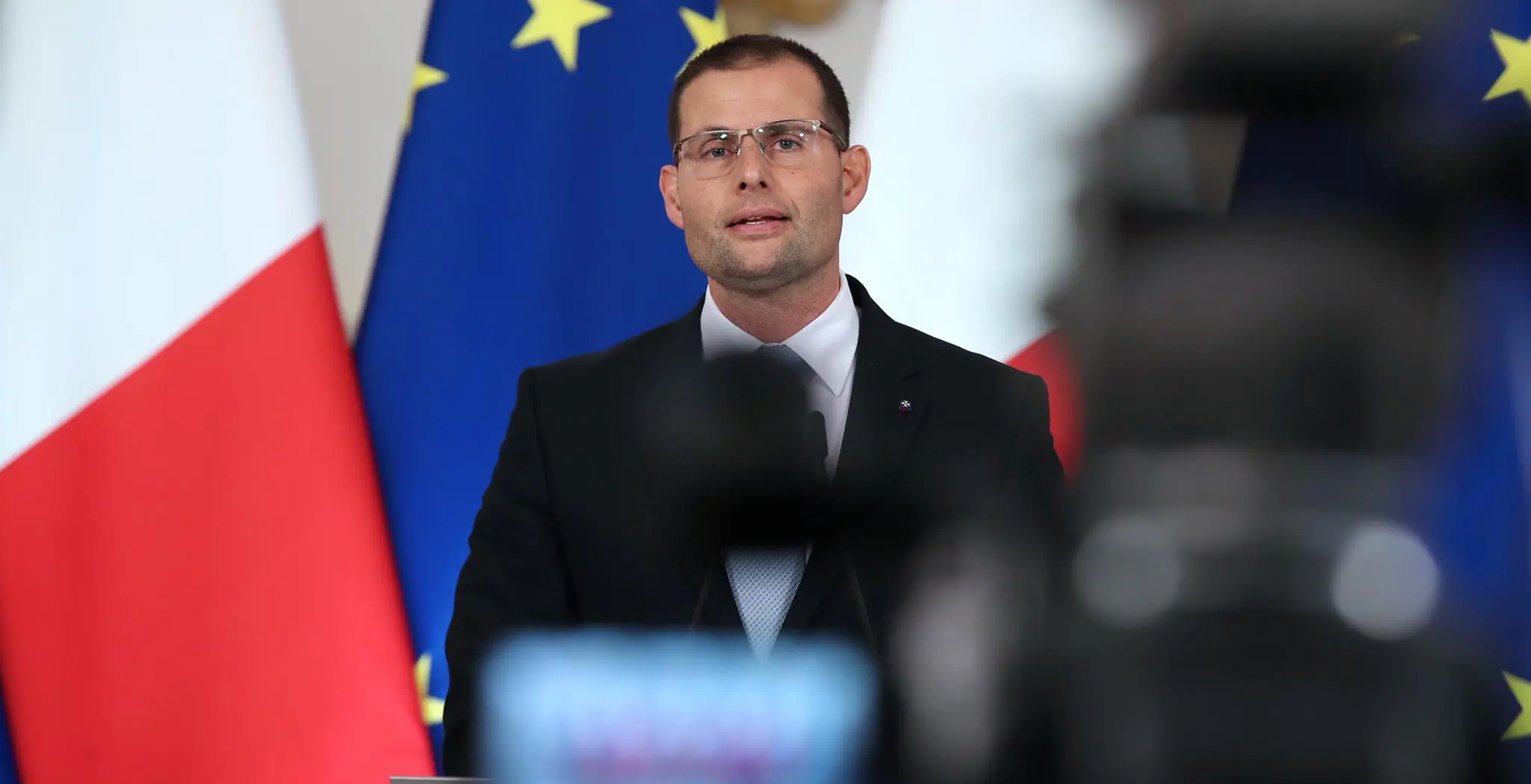
How Malta tried to save the case through reforms
Malta’s citizenship-by-investment scheme was reformed in 2020.
The reform clearly outlines a ‘residency stage’, ‘eligibility stage’ (at which additional payments are made), and ‘citizenship stage’, at which the qualifying property must be bought or rented.
The agency’s guidelines also specify that the responsible agency conducts continuous monitoring for a period of five years. Agents handling the application must inform the agency about the applicant’s status as a politically exposed person or appearance on any sanctions list. Where, like in China, social credit reports are a standard practice, these need to be submitted with the application too.
The European Commission’s infringement proceedings came a few months after the reform, and Malta argued that past criticism, including that from the evidence compiled in the Passport Papers, had been addressed by the 2020 reform.
In court, Malta’s representatives argued that “A rate of refusal of approximately one third of all admissible applications is sufficient proof of the absence of any automaticity.” Malta hired Professor Daniel Sarmiento Ramírez-Escudero to make its case. The Shift News has reported that he was also hired to work on the finch trapping case, which Malta also lost.
“A Member State cannot grant its nationality – and indeed European citizenship – in exchange for predetermined payments or investments, as this essentially amounts to rendering the acquisition of nationality a mere commercial transaction,” the Court stated in a press release on the ruling. The Court also ordered Malta to pay the cost of the proceedings.
“The current scheme has been declared to be contrary to EU law and must therefore be either scrapped or changed to conform with the judgement,” the Court’s press officer explained, adding that if Malta continues violating EU law, the Commission has the option to request that the court imposes a fine.
It remains to be seen whether Malta will follow the ruling, whether it will entirely reform the programme, or scrap it entirely. In a statement, the government promised to respect the court’s judgement.
